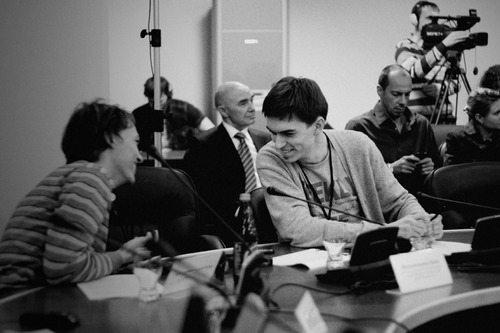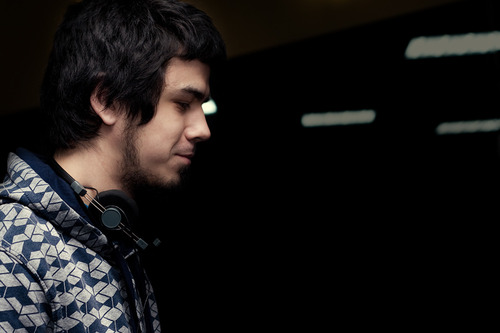In February 2010, a colourful assembly in Novosibirsk involved tech CEOs, US diplomats, and a Hollywood actor Ashton Kutcher—all part of a U.S.-Russia Bilateral Presidential Commission.
Ilya Ponomarev, a member of the Russian parliament, invited me to attend the event, where the American delegation aimed to understand how Russian NGOs employed tech solutions for social issues. At the same time, the Novosibirsk organisers intended to highlight their successes in obtaining grant funding.
Unfortunately, the outcome was unsatisfactory: none of the parties’ expectations were met. The Americans didn’t gain insights into Russian practices, and the local “public figures” failed to generate interest in their projects.
As an illustration of their hopes, Ashton Kutcher, the co-founder of The Demi and Ashton Foundation, shared his experience of using Twitter to raise $100,000 for malaria prevention in Sudan. Conversely, the Russian representatives struggled to provide concrete examples of their achievements, only offering vague assurances that they planned to create websites and utilise email.
At one point, the lack of understanding became even more apparent. Some Americans wanted to discuss how technology can help combat human trafficking, while their Russian counterparts decided to share their experiences with traffic lights.
“Most of the Russian participants seemed uninformed and lacking expertise,” recalled Eugene Vasilkov, a product marketing manager from 2GIS map service. “The Americans posed a specific question about using the Internet for civil rights advocacy, and the Russians discussed email, a local radio station, and collaboration with the police. It was embarrassing.”
Attempts were made to salvage the situation when Ilya Ponomarev asked Howard Solomon, Director for Russia at the National Security Council, to involve representatives of the new media landscape.
“The majority of what was said seemed like a discussion about mastering Internet skills for the sake of mastering Internet skills,” said artist Artyom Loskutov. “Towards the end, it felt like the ambassador practically urged the bloggers to express opinions, emphasising that civil society included not just NGOs but enterprising individuals. When Elia Kabanov introduced me, I recounted my experience of how Internet led me into prison and, subsequently, helped me get out of it.”
Artyom Loskutov shared his involvement in organising the Monstration rallies and how it attracted law enforcement’s attention. He recounted how he was falsely accused of carrying marijuana, leading to his arrest. Loskutov detailed the timeline of the public campaign that supported him, which started in blogs and gained momentum through media coverage, ultimately manifesting in protests across numerous cities globally. His story’s poignant impact stemmed from his imminent court hearing, scheduled for February 24th, with the prosecutor demanding a year of probation.
Throughout Loskutov’s narrative, Russian participants reacted with nervous laughter, some visibly wishing to disappear, while the American attendees listened in astonishment. Once Artem concluded his account, several Americans offered him assistance and encouragement.
In essence, this reaction was the most valuable outcome of the event. It surpassed any superficial contributions from purported volunteers or the disinterested moderator. Instead, the genuine response of foreign tech entrepreneurs and diplomats to Russia’s state of affairs left a lasting impression.
Elia Kabanov is a science writer covering the past, present and future of technology (@metkere).
If you like what I’m doing here, subscribe to my newsletter on all things science:




